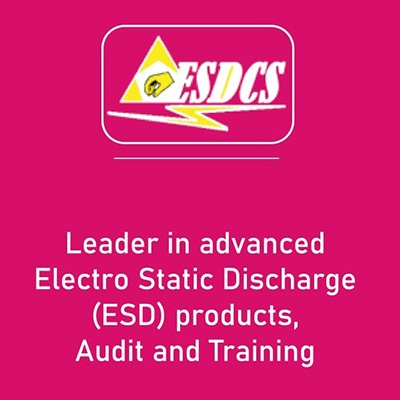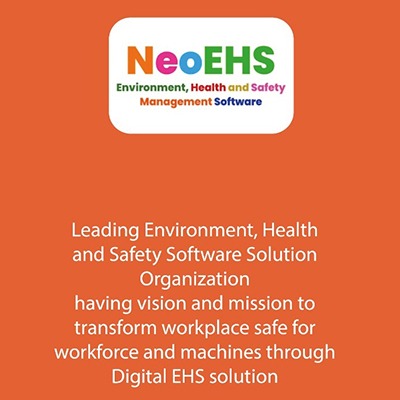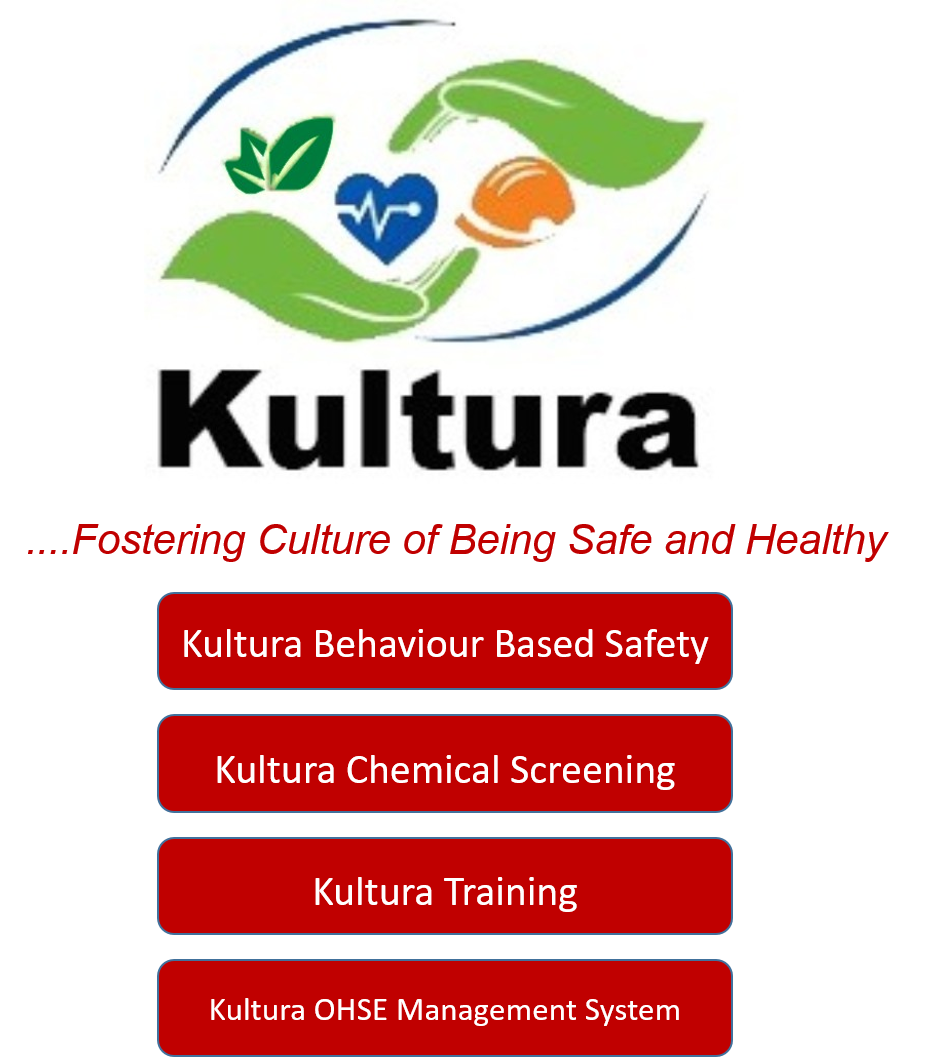- Overview
- Course Topics
Electrical Safety at Work training
significantly reduces workplace accidents, improves compliance with safety
regulations, and boosts employee confidence when handling electrical systems.
Top Benefits of Electrical Safety Training at Work
1.
Accident Prevention
- Reduces risk of electrocution, burns, and arc flash
injuries.
- Helps employees recognize and avoid hazardous
situations like exposed wires, overloaded circuits, or faulty equipment.
2.
Regulatory Compliance
- Ensures adherence to OSHA, NEC, and IEC standards,
avoiding legal penalties and fines.
- Keeps organizations up to date with evolving safety
codes and inspection requirements.
3.
Improved Workplace Safety Culture
- Promotes a proactive safety mindset among employees.
- Encourages reporting of unsafe conditions and
near-misses.
4.
Enhanced Employee Confidence and Competence
- Workers feel more secure and capable when operating or
maintaining electrical systems.
- Training distinguishes qualified vs. unqualified
personnel, ensuring tasks are assigned appropriately.
5.
Reduced Downtime and Equipment Damage
- Prevents costly outages caused by electrical faults.
- Encourages proper maintenance and use of insulated
tools and PPE.
6.
Emergency Preparedness
- Teaches CPR, AED use, and response protocols for
electrical incidents.
- Ensures quick and effective action during emergencies,
minimizing harm.
7.
Cost Savings
- Fewer accidents mean lower insurance premiums, medical
expenses, and legal costs.
- Preventive measures reduce the need for expensive
repairs or replacements.
8.
Boosted Morale and Retention
- Employees value a safe work environment.
- Demonstrates employer commitment to worker well-being.
1. Introduction to Electrical Safety
2. Regulatory Framework
3. Qualified vs. Unqualified Personnel
4. Personal Protective Equipment (PPE)
5. Insulated Tools and Equipment
6. Electrical Energy Hazards
7. Arc Flash Awareness
8. Lockout/Tagout (LOTO) Procedures
9. Emergency Response and First Aid
10. Maintenance and Housekeeping
11. Safe Work Practices
12. Training and Competency Assessment
















